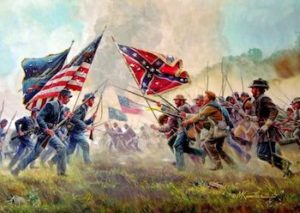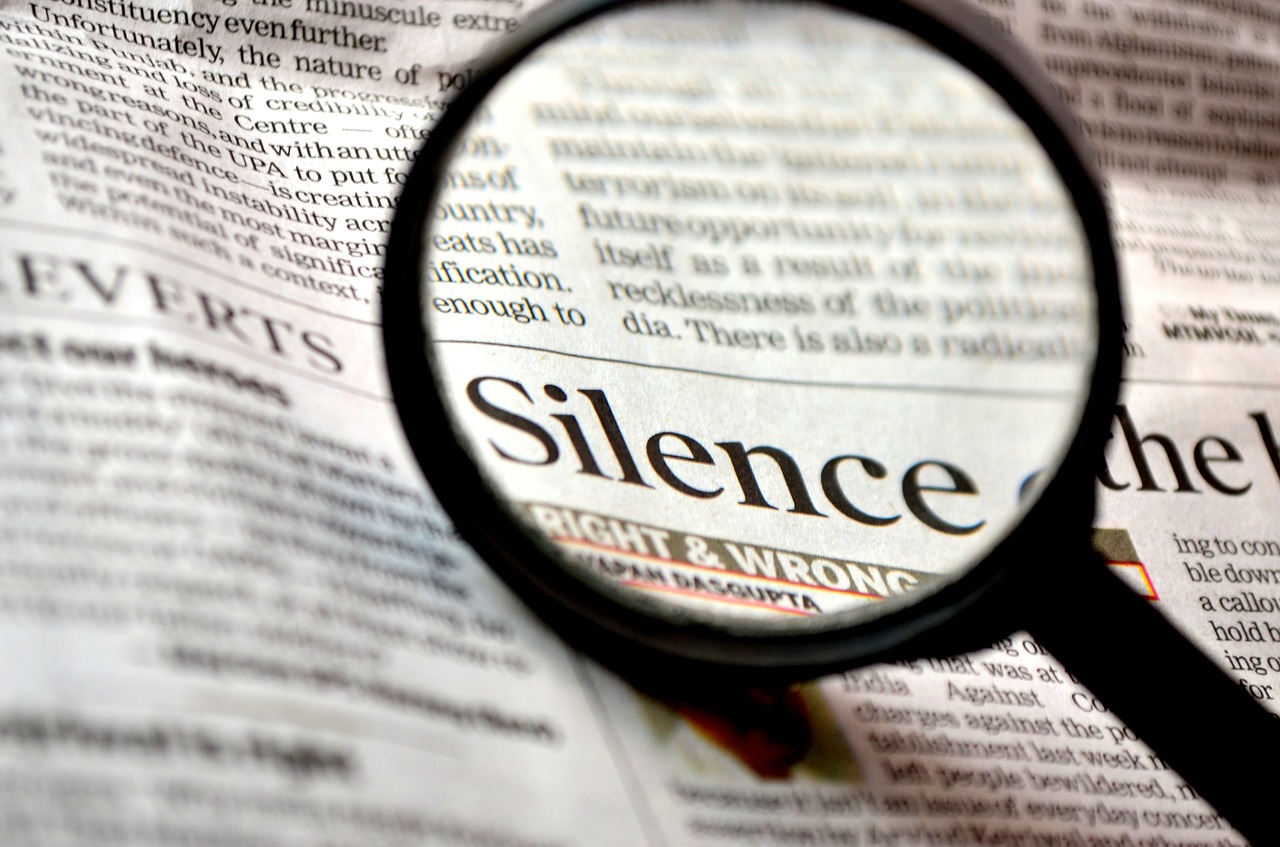
Nevertheless, a reporter is a reporter no matter if you are for the Union or if you are for the Confederacy. So both the Confederacy and Union wrote similar to each other by showing all accepts of the war, not just what was happening during the battle. They both reported on things like the hospitals, poor quality of clothing, conduct of leaders, and treatment as well as just the everyday life of the soldiers. In fact, many reports published articles are direct people.
As for people was were anti-war they expressed their opinions too. The copperhead articles were published in the North and were publications that were opposed to the war, their main argument has they believed the southern states had a right to leave the Union and slavery was a state issue. However, down in the south, very few people dared to not support the Confederacys fight. This prosed an issue for political and military leaders, fearing the newspapers were revealing too much about one another's tactics and hurt the support of the war from society.

This then led to the restrictions of the press with several acts and laws coming into play, such as the Alien and Sedition Acts of 1798 and putting government agents in telegraph offices to supervise the transmission of dispatches. Studies showed ninety-two newspapers were subjected to some form of restriction, and one hundred and eleven were wrecked by mobs, although the South had way more closing of newspapers then the North both sides were effected and this changed the way the press was viewed. Four years of devesting closing of the South happened while Federal leaders took over the North's newspapers.
Although this was a tragic time for reports the Civil War also made a very positive and high expectation change for the press, by expecting more timely, entertaining, and detailed articles almost as if they were a magazine.

Source: https://www.essentialcivilwarcurriculum.com/civil-war-journalism.html

No comments:
Post a Comment